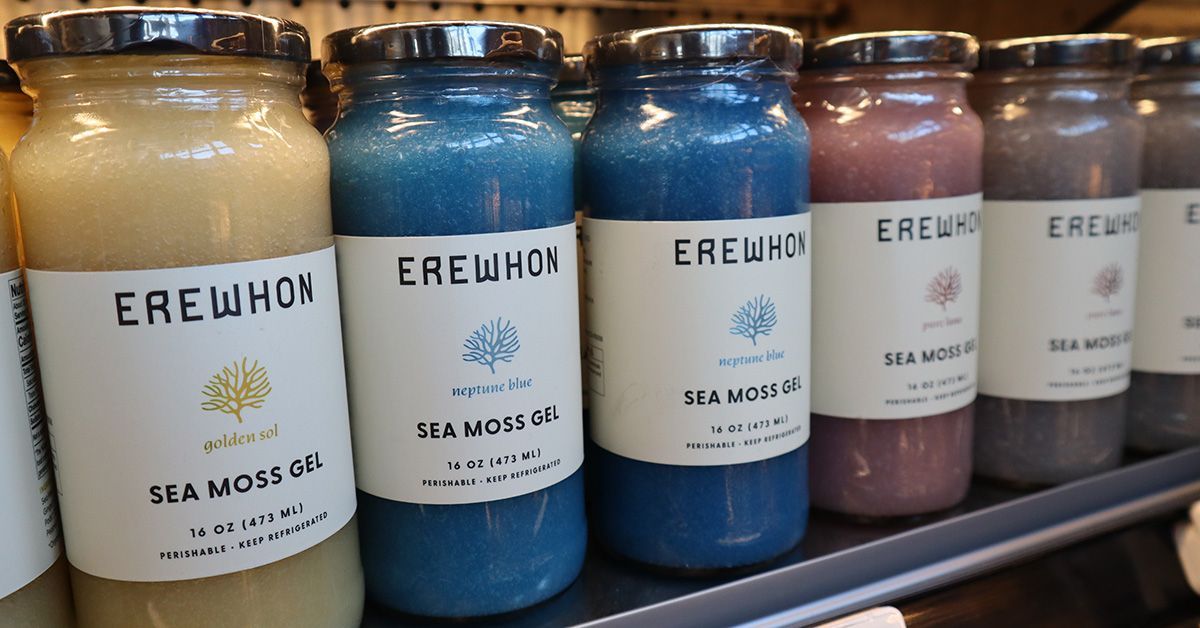Trend Check: Has drinking less become the new wellness hack?
Dry January. Sober October. What began as month-long challenges has grown into a broader rethinking of drinking altogether. Mocktail menus are expanding, alcohol-free beers are getting prime shelf space and a non-alcoholic bar recently opened in San Diego. Many people, especially younger adults, are not necessarily quitting alcohol, but getting curious about how they feel without it.
Christine Zoumas, a nutrition scientist at the Herbert Wertheim School of Public Health and Human Longevity Science, sees clear benefits to the shift. “Almost all alternatives would be better than alcohol,” she explains, especially as evidence mounts that no amount of alcohol is considered safe for cancer risk. Still, she cautions that some mocktails deliver an entire day’s worth of added sugar in one drink.
Sandra Brown, a distinguished professor in the Departments of Psychology and Psychiatry and co-director of the Adolescent Brain Cognitive Development (ABCD) Study, says cultural attitudes have changed dramatically.
“People are much more aware of the health consequences of alcohol than ever before,” Brown says. A recent Gallup poll backs that up, showing U.S. drinking rates at a historic low, especially among adults under 35. Public figures discussing sobriety openly, combined with more alcohol-free options on the market, have helped make abstaining or cutting back feel far more socially acceptable.
Brown also notes that experiments like Dry January or simply setting drink limits can offer surprising clarity on how alcohol affects sleep, mood and cognition. “Even cutting back can reduce the adverse impacts on health,” she says.
Bottom line: The sober-curious movement is giving people more room to socialize on their own terms and pushing drinking culture in a more flexible, health-minded direction.
